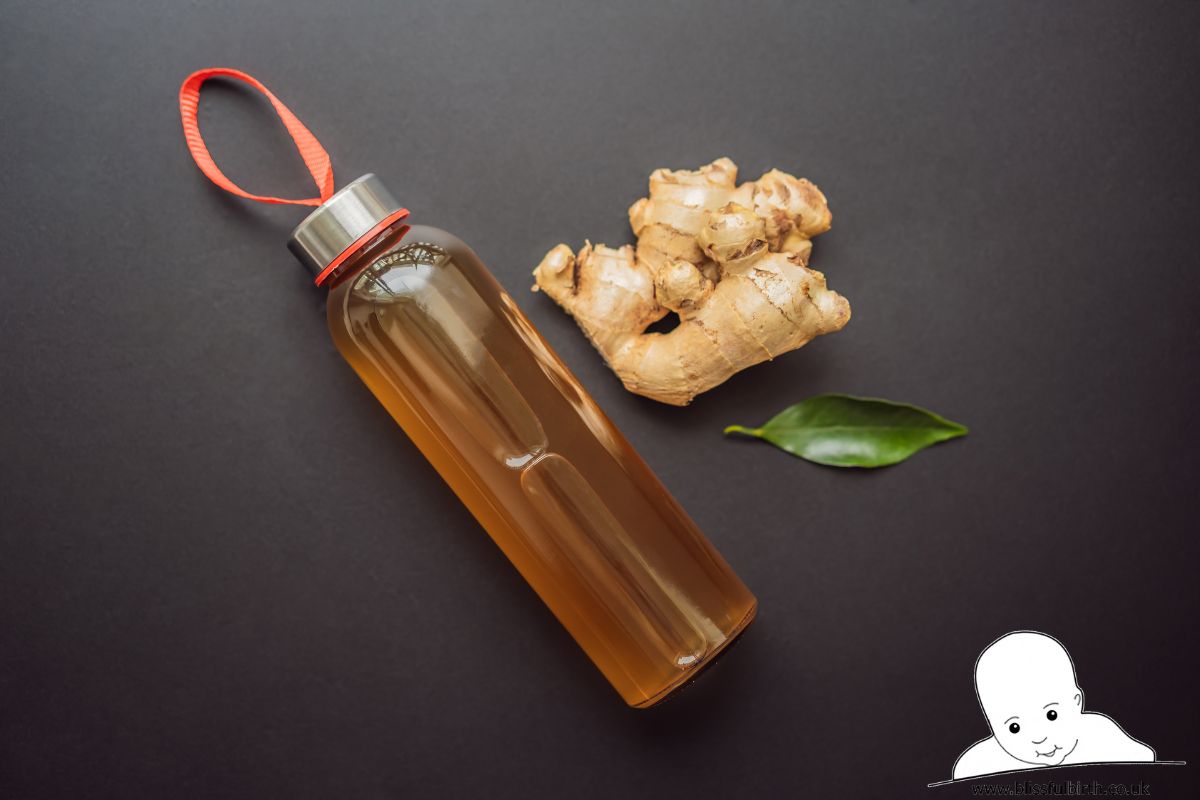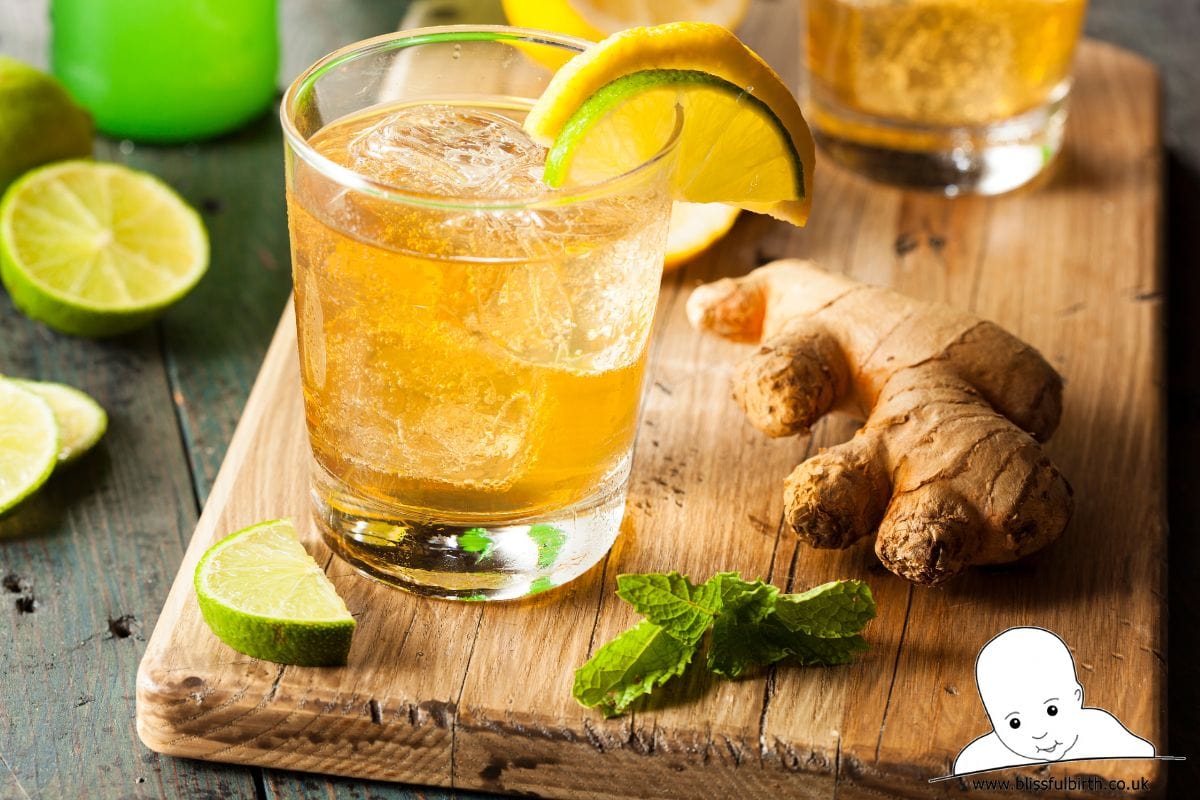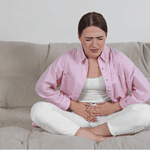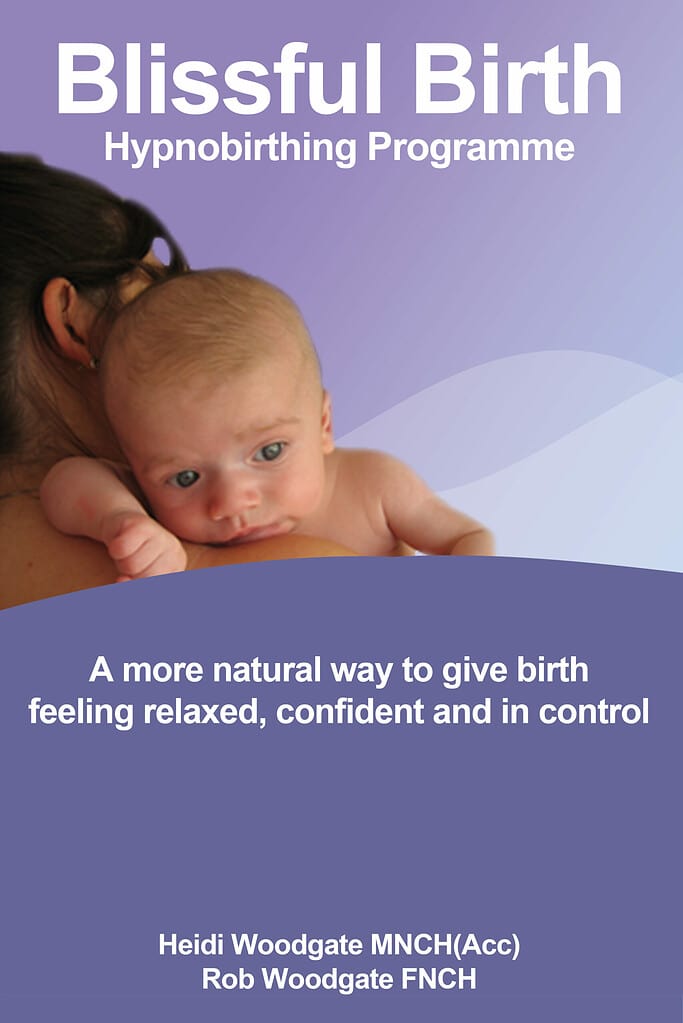Ginger ale is a very popular carbonated soft drink.

It has a refreshing taste full of natural ginger flavor that is sure to make your taste buds happy. It also has some health benefits that many ginger ale drinkers enjoy.
However, you might be wondering how much caffeine is contained in the average glass of ginger ale.
If you’re trying to avoid caffeine throughout your pregnancy or in the months afterward, this is an important question to answer.
Thankfully, most types of ginger ale are typically caffeine free. In this article, we will take a closer look at ginger ale and its connection with caffeine.
Table of Contents
- Ginger Ale And Caffeine
- Does Canada Dry Ginger Ale Have Caffeine?
- Does Schweppes Ginger Ale Have Caffeine?
- Does Seagram’s Ginger Ale Have Caffeine?
- Does Vernors Ginger Ale Have Caffeine?
- Does Diet Ginger Ale Have Caffeine?
- What Are The Benefits Of Ginger Ale?
- Ginger Ale Nutritional Facts
- What Is The Difference Between Ginger Ale And Ginger Beer?
- Does Chamomile Tea Have Caffeine Like Ginger Ale Does?
- Final Thoughts
Ginger Ale And Caffeine
Most ginger ale brands that are available on the market are caffeine free. This includes popular brands such as Canada Dry ginger ale and other types of regular ginger ale.
Ginger ale usually contains real ginger extract and this is naturally caffeine free.
The refreshing flavor of ginger ale comes from this ginger root and this helps to make this classic drink so delicious.
Let’s now look at some brands and types of ginger ale in more detail.
Does Canada Dry Ginger Ale Have Caffeine?
As we just mentioned, Canada Dry ginger ale is caffeine free.
The main ingredient is ginger root and this is naturally caffeine free. If you enjoy this refreshing and flavorful beverage, you can safely drink it without any worries.
Does Schweppes Ginger Ale Have Caffeine?
Like Canada Dry ginger ale, Schweppes ginger ale is another market leader. This is a fizzy beverage that is made with carbonated water and this often confuses people.
Carbonated drinks are often thought of as having a high caffeine content but this isn’t the case!
Schweppes ginger ale is also caffeine free, despite it being a carbonated beverage.
Does Seagram’s Ginger Ale Have Caffeine?
This is another popular ginger ale brand that doesn’t contain caffeine! This classic soft drink is also caffeine free so you can enjoy its refreshing and soothing qualities without any guilt.
Does Vernors Ginger Ale Have Caffeine?
Regular ginger ales made by Vernors are caffeine free. They’re made from carbonated water and natural flavors so there is no caffeine.
However, the diet version of their ginger ales does have caffeine. Why is this the case? Let’s look at this in more detail.
Does Diet Ginger Ale Have Caffeine?
This question is more difficult to answer.
Diet ginger ale is usually carbonated and also has artificial sweeteners added in place of sugar. They can also have artificial flavors and colorings added as well.
Unfortunately, some artificial sweeteners contain caffeine whereas others are caffeine free. This means that some brands of diet ginger ale have caffeine and others don’t.
Sweeteners such as aspartame don’t contain caffeine, however, sucralose does.
You will need to check the label to ensure that your chosen diet ginger ale brand is one of the caffeine free versions.
What Are The Benefits Of Ginger Ale?
As well as being a refreshing drink and usually caffeine free, there are many health benefits from drinking ginger ale.

This flavorful drink is well-known for helping an upset stomach. Ginger ale contains citric acid and many antioxidants that can help to calm your stomach and boost your immune system.
Ginger ale is a healthier alternative to most other fizzy drinks that are available. You can enjoy this refreshing beverage and its health benefits without worry.
However, do be careful if you are prone to bloating and burping. It is still a carbonated drink and the fizz can have this effect.
Ginger Ale Nutritional Facts
Now that we know that most ginger ales are free of caffeine, let’s look at some other nutritional facts for this refreshing and flavorful drink.
Ginger ale isn’t low in calories and has a similar calorie content to an equal serving of Coca-Cola.
There are versions of ginger ale available with zero calories, however, and this can also have caffeine free varieties as well.
It has a similar sugar content to other sugary drinks as well, but as we mentioned earlier, there are diet versions available.
Just make sure you buy one of the caffeine free varieties!
What Is The Difference Between Ginger Ale And Ginger Beer?
Both ginger ale and ginger beer are typically non-alcoholic drinks that have a strong ginger flavor.
Ginger beer used to be an alcoholic drink but the vast majority of commercial ginger beers are now a non-alcoholic drink. It’s made from fermenting ginger, sugar, and water together.
Ginger ale, on the other hand, has always been non-alcoholic. It’s more likely to be sweetened and flavored and uses carbonated water.
Ginger beer often uses more fresh ginger than ginger ale and has a stronger and more zesty flavor.
If you want a stronger kick of ginger and more natural flavors, then ginger beer is usually your better option.
However, many modern versions of ginger ale and ginger beer aren’t as widely different as they used to be.
Many modern manufacturers make ginger ales and ginger beers in a similar manner and use fresh ginger root and ginger extract in both.
Does Chamomile Tea Have Caffeine Like Ginger Ale Does?
Chamomile tea caffeine content is virtually non-existent, unlike ginger ale which contains caffeine. With its soothing properties, chamomile tea is often enjoyed for its calming effects and as a caffeine-free alternative to other beverages.
Final Thoughts
In this article, we answered the question of does ginger ale have caffeine.
We looked at several popular brands of ginger ale such as Canada Dry and we found that the majority of regular ginger ales are caffeine free.
These delicious soft drinks are made with ginger root or ginger extracts and these are naturally caffeine free. However, many types of diet ginger ale do have caffeine.
This is because some of the artificial sweeteners that are used have caffeine.
If you do opt for diet ginger ale, make sure you check the label to ensure you are picking a brand that does not include caffeine.
We hope that this article has answered all of your questions!




